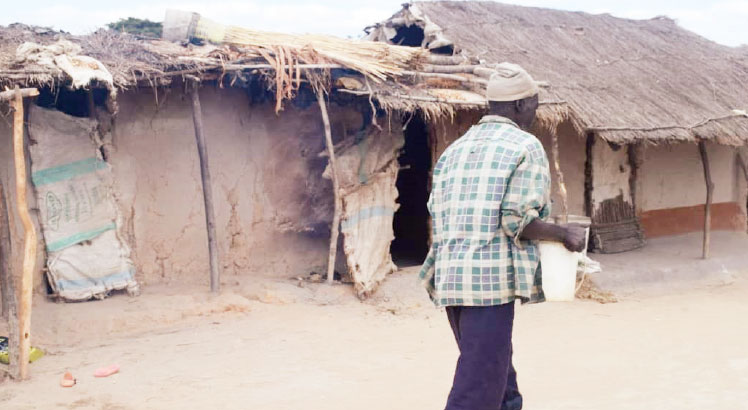UN faults gaps in poverty fight
The United Nations Commission for Trade and Development (Unctad) says policy incoherence is one of the critical issues affecting the potency of most policies on inequality and the country’s poverty fight.
In a report titled ‘Reducing inequality and poverty in Malawi: Policy analyses and options’ published last week, Unctad observes that there are several policies whose sectoral objectives and goals do not complement the goals in other sectors, thereby eroding their impact on reducing poverty and income inequality.

Reads the report in part: “Furthermore, a lack of coordination between institutions in the formulation and implementation of interrelated policies has also led to policy incoherence and weak inequality outcomes.
“Thus, while focusing on economic growth for poverty reduction, Malawi’s overarching development programmes/strategies are seen not to have effectively addressed the redistribution component of the resultant growth outcomes, notwithstanding the recognition of inequality as one of the key development challenges by Malawi’s vision 2020.”
Unctad data shows that growing at an average of about 5.9 percent, the poverty rate in Malawi marginally declined by about 0.8 percentage points in the 2000/19 period.
However, with a similar growth rate in the two decades, the poverty rate dropped by an average of 36.6 percentage points in Mali.
Data from the World Development Indicators shows that on average, the gini coefficient for Malawi significantly improved from 0.658 between 1990 and 1999 to 0.399 between 2000 and 2009.
These gains were, however, reversed in the period 2010/19 with the gini coefficient increasing to 0.429 on average, notwithstanding marginal improvements.
The report shows that income inequality in Malawi increases with disparities in the levels of education attained, access to health services, social and economic infrastructure, pervasive informality and sectoral differences in labour productivity.
However, due to high levels of inequality, Unctad data shows that poverty rates have marginally improved over the last three decades relative to other countries in Africa with similar growth rates, with about 46 percent of its national income being held by the top 20 per cent of the population.
This has made Malawi the third poorest country in Africa with about 70 percent of the population living below the $2.15 (about K3655) international poverty line after Madagascar and Somalia, whose poverty rates stand at about 81 percent and 71 percent, respectively.
Accordingly, as in most countries in Africa, Malawi has witnessed several shifts in its policies in a bid to deal with both poverty and inequality since its independence in 1964.
UN has since urged the National Planning Commission (NPC) to strengthen efforts to enhance the coordination of development and review of all policies to ensure consistency in their overall objectives and outcomes.
NPC director general Thomas Chataghalala Munthali observed in an accompanying statement to the NPC 2023 Annual Report that now that Malawi has the vision in place and its Malawi 2063 First Ten-Year Implementation Plan (MIP-1), their core priority is overseeing implementation.
The NPC has since enhanced the task of ensuring coordination and alignment of all development plans undertaken by both State and non-State actors to the MIP-1 and the MW 2063.





